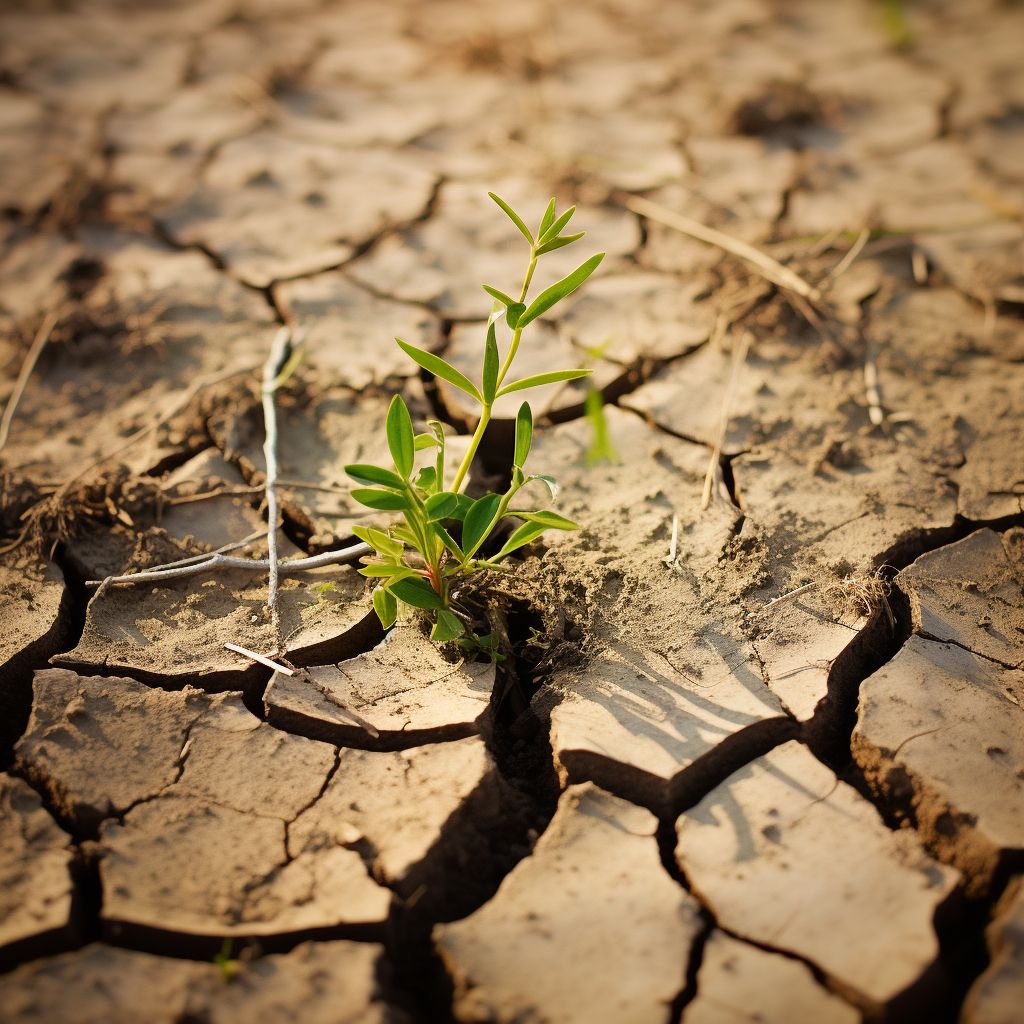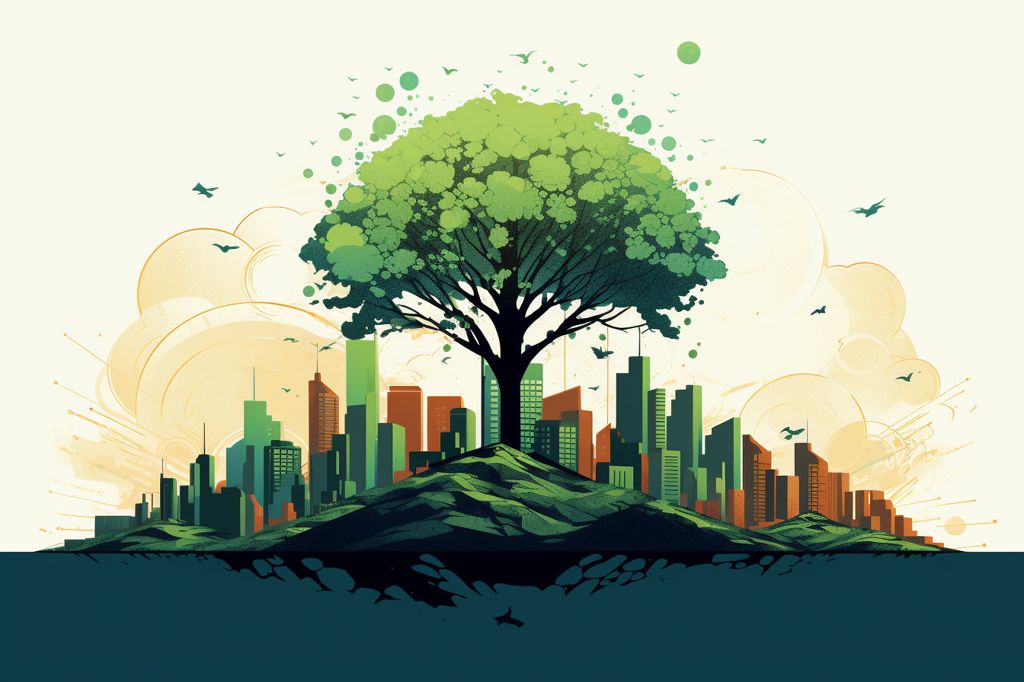Addressing South Africa’s Water Scarcity
With summer temperatures reaching new heights in South Africa, concerns about the nation’s water supply are growing. A recent report from the Department of Water and Sanitation (DWS) showed a gradual decrease in dam levels across the country. Currently, South Africa’s overall water storage capacity is at 90.7%, a small decrease from the previous week’s 91.4%. This emphasises the need for citizens to comply with water restrictions set by municipalities, ensuring a consistent water supply in the water-strapped country.
Water scarcity in South Africa is not a new issue, but it becomes increasingly crucial each summer. Even though there has been a slight increase in average national storage levels compared to the same time last year (90.1%), changing weather patterns make the situation even more precarious. Consequently, the actions of consumers are vital in securing the nation’s water supply.
In Gauteng, for example, Rand Water has been urging citizens to follow the restrictions set by municipalities. This is particularly important as the high temperatures lead to increased water demand, threatening to exceed the supply. Out of the fourteen Water Supply Systems in the country, twelve have reported slight declines in water levels, with only Cape Town and Klipplaat maintaining their respective levels at 102.0% and 100.1%.
Water Level Declines Across Provinces and Dams
The reduction in water levels is not limited to certain areas. All nine provinces have experienced a decrease in water storage, with the most significant decline occurring in the Northern Cape, dropping from 90.4% to 82.9%. Other provinces, such as Gauteng, Free State, and Limpopo, have also observed declines in their water levels, although to a lesser extent. Coastal provinces, including Eastern Cape, Western Cape, and KwaZulu-Natal, have reported similar downward trends.
South Africa’s major dams, such as Vaal Dam, Bloemhof Dam, Gariep Dam, and Vanderkloof Dam, which primarily supply the country’s water, have also seen decreases in their water levels. Vaal Dam, part of the Integrated Vaal River System (IVRS), experienced a 1.6% decrease, dropping from 84.7% to 83.4%. Likewise, Bloemhof Dam, another IVRS component, fell from 101.0% to 99.9%.
The Importance of Responsible Water Usage
What do these declining water levels mean for South Africans? As water levels continue to fall, the urgency for responsible water use becomes more significant. Compliance with municipal water restrictions is not just a matter of obeying the rules; it’s a matter of survival.
Water is a limited resource, and its sustainable management is essential for the welfare of communities, the environment, and the economy. As climate change and demand for water intensify, a united effort from the government, industries, and citizens is necessary to conserve water and ensure its fair distribution.
Implementing water-saving measures, such as repairing leaks, installing water-saving devices, and using water-efficient appliances, can significantly reduce water consumption. Simple behavioral changes like taking shorter showers, not leaving the tap running, and watering plants in the early morning or late afternoon can also have a substantial impact on water conservation.
Furthermore, adopting alternative water sources like rainwater harvesting and greywater recycling can help alleviate pressure on the existing water supply. Promoting innovation and investment in water-saving technologies and infrastructure will be crucial for future water security.
In conclusion, every South African must take responsibility for conserving water and ensuring a sustainable supply. By adhering to municipal water restrictions and adopting water-wise practices, citizens can help preserve this vital resource for current and future generations. The combined efforts of government, industry, and individuals will be the key to overcoming the water scarcity challenges that South Africa faces today and in the future.








